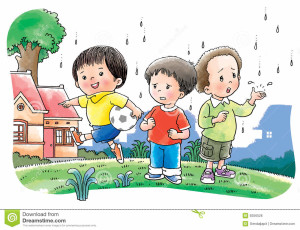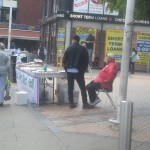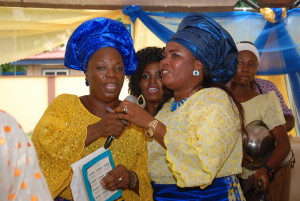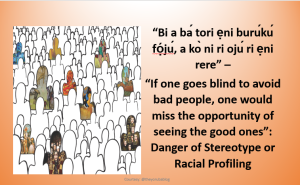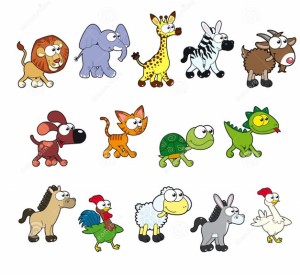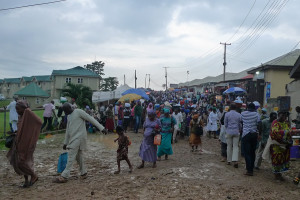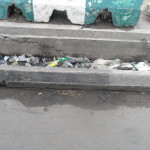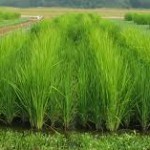Ẹ ṣe àyẹ̀wò ìwé akéwì-orin ni èdè Yorùbá ti àwọn ọmọ ilé-ìwé n kọ́ sórí ni ilé-ìwé ilẹ̀ Yorùbá ni ayé àtijọ:
Iṣẹ́ ni oògùn ìṣẹ́, múra si iṣẹ́ rẹ ọ̀rẹ́ mi, iṣẹ́ ni a fi i di ẹni gíga
Bí a kò bá rẹ́ni fẹ̀hìn tì, bí ọ̀lẹ là á rí
Bí a kò bá rẹ́ni gbẹ́kẹ̀lé, à á tẹra mọ iṣẹ́ ẹni
Ìyá rẹ lè lówó lọ́wọ́, Bàbá si lè lẹ́ṣin leekan
Bí o bá́ gbójú lé wọn, o tẹ́ tán ni mo sọ fún ọ
Ohun ti a kò bá jìyà fún kì í lè tọ́jọ́
Ohun ti á fara ṣiṣẹ́ fún ní í pẹ́ lọ́wọ́ ẹni
Apá lará, ìgunpá niyèkan
Bí ayé n fẹ́ ọ loni, bí o bá lówó lọ́wọ́, ni wọn má a fẹ́ ọ lọla
Tàbí tí o bá wà ní ipò àtàtà, ayé a yẹ́ ọ sí tẹ̀rín-tẹ̀rín
Jẹ́ kí o di ẹni n rágó, kí o ri bí ayé ti n yínmú sí ọ
Ẹ̀kọ́ sì tún n sọni dọ̀gá, mú́ra kí o kọ dáradára
Bí o sì rí ọ̀pọ̀ ènìyàn, tí wọn fi ẹ̀kọ́ ṣe ẹ̀rín rín
Dákun má ṣe fara wé wọn
Ìyà n bọ̀ fọ́mọ tí kò gbọ́n, ẹkún n bẹ fọ́mọ tó n sá kiri
Má fòwúrọ̀ ṣeré, ọ̀rẹ́ mi, múra sí iṣẹ́ ọjọ́ n lọ
ENGLISH TRANSLATION
Work is the antidote for poverty, work hard, my friend
Attaining higher height is largely dependent on hard work
If there is no one to depend on, we simply work harder
Your mother may be wealthy, your father may have a ranch of horses
If you depend on their wealth, you may end up in disgrace, I tell you
Gains not earned through hard work, may not last
Whatever is earned through hard work, often last in one’s hand
The arm is a relative, the elbow remain a sibling
The world may love you today, it is only when you are relevant that you will be loved tomorrow
Or when you are in a position of authority, the world will honour you with cheers
Wait till you are poor and you will see how all will grimace at you
Education do contribute to making one relevant, ensure you acquire solid education
And if you see people mocking education,
Please do not emulate them
Suffering is lying in wait for irresponsible children, sorrow lies ahead for truants
Do not waste your early years, my friend, work harder, time waits for no one.
Originally posted 2017-01-17 12:00:35. Republished by Blog Post Promoter




